Radiolabeling and chemical synthesis are essential tools for drug research and development. However, they have different goals. Discover the difference between these terms, and learn how they advance human health.
What Is Radiolabeling?
Scientists use radiolabeling for medicine and drug research and development. Professionals can monitor the movement or breakdown of target molecules. For example, pharmaceutical researchers can assess how a new medication metabolizes as it moves through the human body. To achieve this, researchers will replace atoms in the target molecule with isotopes of the same atom.
Radiolabeling lets scientists “label” molecules with radioactive isotopes. By replacing atoms within a molecule, they can use imaging equipment to assess these molecules.
What Is Chemical Synthesis?
Chemical synthesis is the construction of complex compounds from simpler ones. For example, two hydrogen atoms and one oxygen atom create a water molecule. So, the synthesis reaction of hydrogen and oxygen is water.
Scientists synthesize chemical compounds that occur in nature to understand their structures. Doing so allows chemists to produce compounds that don’t naturally occur for research purposes. Lastly, chemical synthesis lets pharmaceutical companies make products in large quantities. Consider chemical synthesis as a large puzzle, and chemists pair different compounds to see what “fits” together.
The Difference Between Them
The difference between radiolabeling and chemical synthesis is that one breaks down molecules, and the other builds them. Radiolabeling assesses the movement and breakdown of molecules to track atoms. On the other hand, chemical synthesis uses simple molecules to create complex compounds.
Radiolabeling and chemical synthesis are important for scientific development. Radiolabeling lets scientists track microscopic molecules as they pass complex systems. Throughout their journey, professionals can uncover different things about molecules. For example, they can track organ response to molecules.
Chemical synthesis lets chemists design new compounds for various applications. For instance, they can create new structures for medicines and see how the human body reacts. Synthesis is a valuable research tool that supports the advancement of human health.
As one of the leading custom synthesis companies, Moravek is here to help you. We offer chemical synthesis, radiolabeling, and other analytical support. Contact us today!

As healthcare evolves, each generation influences trends within the industry. Furthermore, the adaption of technology affects current healthcare approaches. Discover how Gen Z is impacting the pharmaceutical industry and how manufacturers can accommodate their needs.
(more…)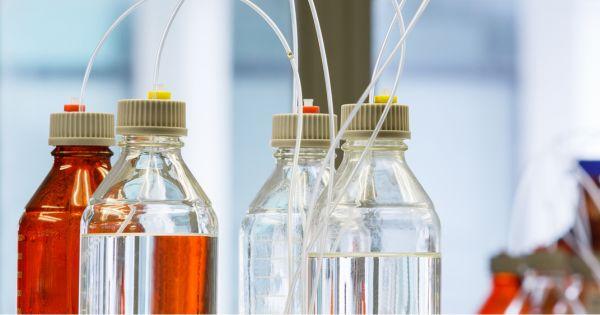
Chemical purity is essential for developing safe medicines and research. Scientists use identification analysis for substances to ensure purity. Discover why HPLC is ideal for chemical purity testing with this comprehensive guide.
(more…)
Carbon-14 radiochemistry refers to radiocarbon dating. It’s a scientific method that determines the age of organic samples. Explore the brief history of carbon-14 radiochemistry to understand its origins and impact on society.
(more…)
Hazardous chemicals have disastrous effects on the environment and humans. Scientists need to safely manage substances to protect everyone around them. Explore why proper chemical storage is important in laboratories to understand their benefits.
(more…)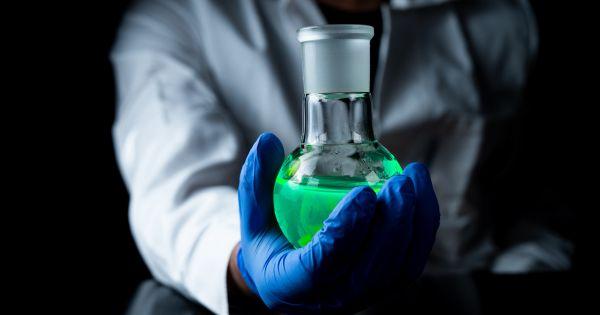
Chemical synthesis is a unique science that enables drug discovery and other areas of chemical biology. Scientists use compound synthesis and radioactive isotopes to advance research. Keep reading to learn why tritium is so important in compound synthesis for insightful information.
(more…)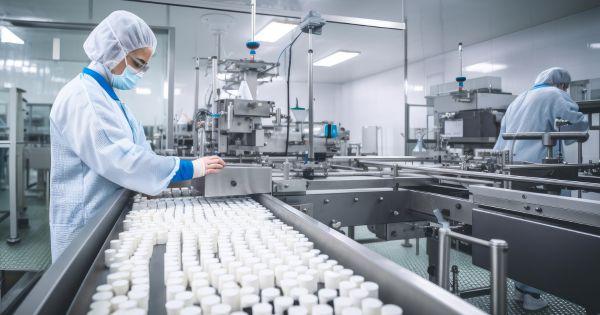
Current Good Manufacturing Practice (CGMP) is a set of regulations for the pharmaceutical industry. The strict standards ensure safe drugs for consumers. For more information, read the CGMP guidelines and regulations everyone should know.
(more…)
Technology is a game-changer for several industries, including pharmaceuticals. Companies use the latest technology to improve healthcare, produce drugs, and automate processes. Discover how tech advancements are improving drug development, with specific examples below.
(more…)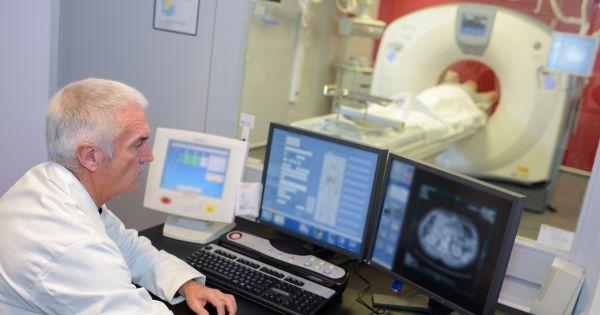
Nuclear medicine is a special area of radiology that utilizes radioactive materials like radiopharmaceuticals to examine organ function. The branch of radiology is highly effective in the medical community. As you explore the benefits of nuclear medicine, you’ll discover its advantages.
(more…)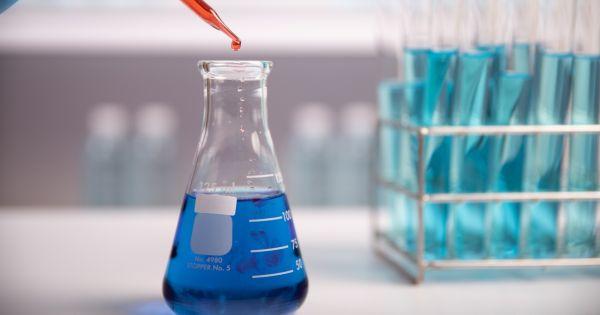
Radioactive isotopes are suitable for various applications in many fields, such as the medical, agricultural, and food industries. However, their intended purpose depends on specific needs. Learn how radioisotopes can affect your research to ensure your findings’ accuracy.
Read more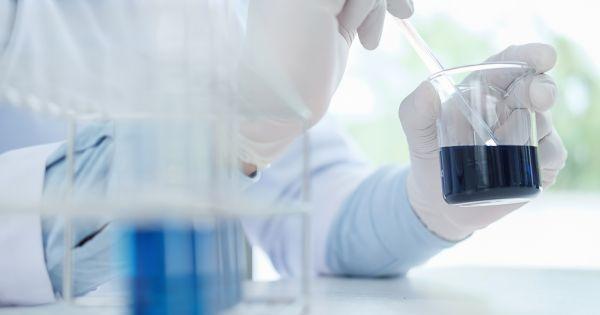
When separating chemical compounds, scientists use purification techniques to remove impurities. Given the different properties of compounds, there isn’t a singular method for purification. In fact, purification differs between chemical research fields. Keep reading for insightful information on purification and its variations.
(more…)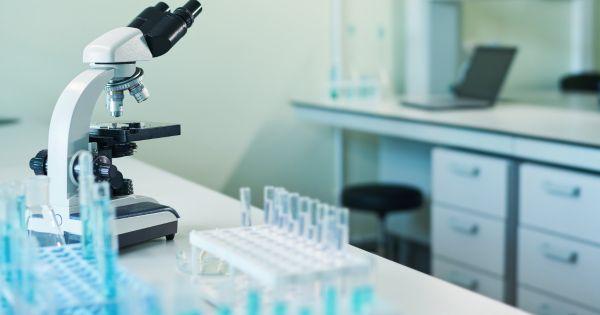
Drug manufacturers enhance their credibility with relevant products. To improve or create medications, manufacturers benefit from custom synthesis to streamline production. Understand the advantages of this initiative by learning how custom synthesis differs from standard practices.
